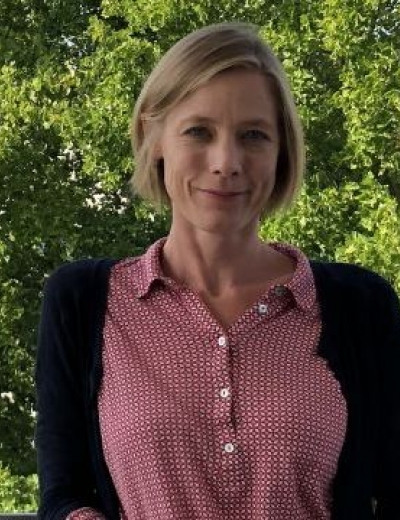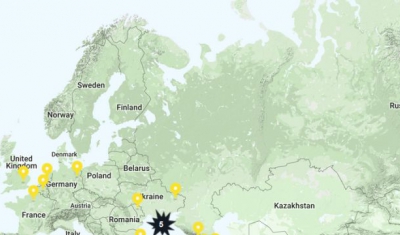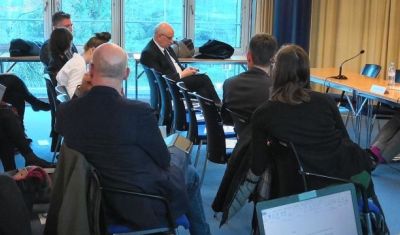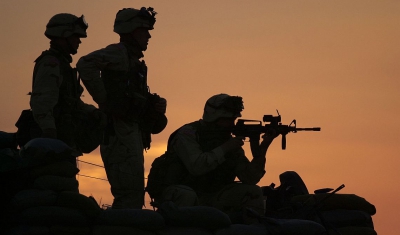The Implementation of International Humanitarian Law


ICRC
Descriptive
This short course will delve into one of the most challenging and important aspects of international humanitarian law (IHL) – its implementation in practice. It will cover the ‘nuts and bolts’ of implementation, including national legislation, dissemination and training, and discuss the mechanisms such as the International Fact-Finding Commission, as set out in the treaties. However, it will also explore challenges of implementation and challenge students to think critically and creatively about how to make IHL – a body of law considered by some to be ‘at the vanishing point of international law’ – work in practice.
Online
This is an online short course.
Schedule
Classes will take place online during lunchtime on:
- Thursday, 21 March 2024, 12:00–14:00 (CET)
- Friday, 22 March 2024, 12:00–14:00 (CET)
- Tuesday, 09 April 2024, 12:00–14:00 (CET)
- Wednesday, 10 April 2024, 12:00–14:00 (CET)
- Thursday, 18 April 2024, 12:00–14:00 (CET)
- Friday, 19 April 2024, 12:00–14:00 (CET)
Audience
This short course forms part of the Geneva Academy Executive Master in International Law in Armed Conflict. It is open to professionals – diplomats, lawyers, legal advisers, judges, NGO staff, human rights advocates, media specialists, professionals working in emergency situations, UN staff and staff from other international organizations – who are not enrolled in the Executive Master and who want to deepen their expertise in this specific issue.
Fee
The fee for this short course is 1,250 Swiss Francs. In case of cancellation by the participants, CHF 200 won't be returned.
Certificate
Participants obtain a certificate at the end of the course (no ECTS credits are gained).
How to Apply
Applications must be submitted via this online form.
Your application will need to include:
- A short motivation letter (no more than one page)
- Your curriculum vitae
- Proof of your competence in English (a certificate or statement highlighting your solid background in English)
- Once admitted to the course, participants receive instructions on how to pay. Proof of payment is required before you begin the course.








